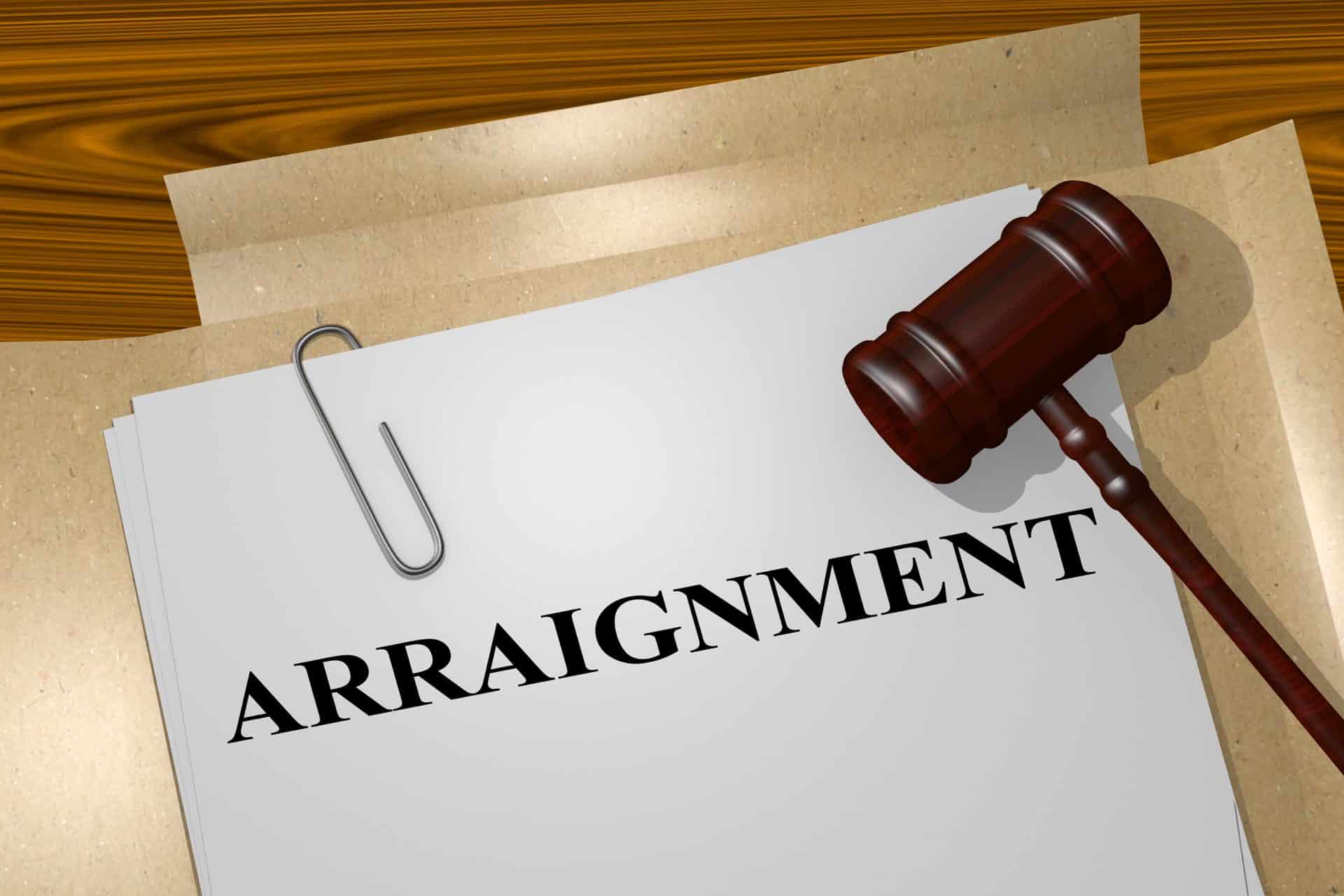
Like most states, Texas prosecutes theft charges aggressively. If convicted of a theft crime, you could face imprisonment, costly fines, and additional restrictions on your freedom and future. Even after you serve the terms of your sentence, your criminal record may limit your housing and employment options. If you are facing theft charges in Pearland or Brazoria County, it’s natural to feel overwhelmed and anxious about how this event will impact your future. Before you picture the worst-case scenario, contact a trusted and experienced criminal defense lawyer to discuss your case. Your attorney will assess the details of your situation and help you identify the most strategic path forward. Whether you are facing misdemeanor or felony theft charges, enlisting legal representation is essential to ensure you obtain the most favorable outcome possible, given the circumstances of your case.
Understanding the Legal Definition of Theft in Texas
Instances in which someone intentionally and knowingly takes the property of another without the rightful owner’s consent can constitute theft. Under Title 7, Section 31.03 of the Texas Penal Code, “A person commits [theft] if he unlawfully appropriates property with intent to deprive the owner of property.” The statute continues to clarify that appropriation is unlawful when it occurs without the owner’s effective consent or the individual knows the property is stolen and continues to appropriate the property anyway. To secure a theft conviction, prosecutors must show that the defendant intended to deprive the alleged victim of their property without obtaining their express consent.
Misdemeanor Theft Crimes in Texas
The severity of a theft offense depends on the value of the property or service at the heart of the matter. In general, theft offenses involving expensive or highly valued property carry more significant penalties than theft offenses involving less costly items. For instance, stolen property valued below $100 typically results in a Class C misdemeanor charge, punishable by up to $500 in fines. Theft involving property valued between $100 and $750, or if the property was valued below $100 but the defendant has a previous theft-related conviction, may lead to a Class B misdemeanor charge. Class B misdemeanor offenses are punishable by a jail term of up to 180 days, a $2,000 fine, or both. Additionally, theft of a driver’s license, commercial driver’s license, or a personal identification certificate may result in a Class B misdemeanor charge. Theft of property valued between $750 and $2,500 often results in a Class A misdemeanor charge, punishable by up to one year in jail, a $4,000 fine, or both.
State Jail Felony Theft
The least severe degree of felony theft in Texas is a state jail felony. If the offense involves the theft of property valued between $2,500 and $30,000, the state may charge the defendant with state jail felony theft. Other instances that may result in state jail felony charges include the theft of property (of any value) from a grave, an official ballot, a firearm, or metal (i.e., aluminum, bronze, copper, or brass). Alternatively, if the defendant has been previously convicted of theft two or more times, stealing property—regardless of value—constitutes state jail felony theft. If convicted of state jail felony theft, you could face a jail sentence lasting between 180 days and two years, up to $10,000 in fines, or both.
Felony Theft Charges in Texas
Texas imposes harsher penalties for theft offenses involving valuable property. Theft involving property valued between $30,000 and $150,000 results in third-degree felony charges. Additionally, theft of livestock and controlled substances (from commercial buildings, like pharmacies) can lead to third-degree felony charges, punishable by two to ten years in prison and up to $10,000 in fines. Second-degree felony charges apply to cases involving the theft of property valued between $150,000 and $300,000, or if the defendant steals an ATM. Second-degree felonies carry a two to twenty-year prison sentence and a $10,000 fine. Theft offenses involving property valued over $300,000 are considered first-degree felony crimes, punishable by imprisonment lasting between 5 to 99 years and a $10,000 fine.
Defending Your Legal Rights at Every Turn
Facing criminal charges of any kind can be a frightening experience. However, you do not have to endure this challenging period alone. Enlisting the guidance of a trusted and experienced criminal defense attorney is the best way to ensure your rights remain upheld and respected at every phase of the process. Your attorney will remain at your side to answer your questions and address your concerns, working hard to secure the most favorable outcome possible.
If you need help defending against theft charges in Pearland or Brazoria County, call the Law Offices of Keith G. Allen, PLLC, today at (832) 230-0075 to arrange a free consultation with an experienced criminal defense lawyer.
EXCERPT: In Texas, the severity of a theft offense depends on the value of the property or service at the heart of the matter. Regardless of whether you are facing misdemeanor or felony charges, contact a skilled criminal defense lawyer to discuss your options.





